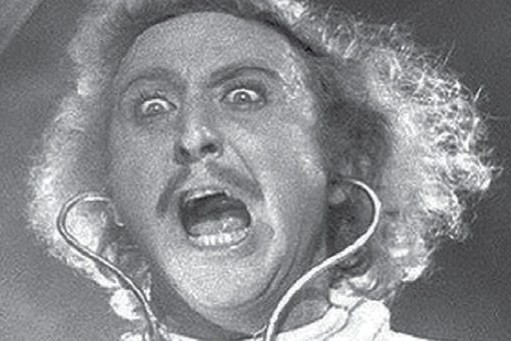What is a scientist?
A number of people call themselves scientists, but some are associated with pseudo-science products and practices sold to farmers. Country-Wide asked scientists what their definition of a scientist is.

A number of people call themselves scientists, but some are associated with pseudo-science products and practices sold to farmers. Country-Wide asked scientists what their definition of a scientist is.
A scientist critiques everything while accepting nothing at face value, Professor Jon Hickford says.
The Lincoln University scientist says despite this scientists tend to be optimists and are often very curious people. A lot of people find scientists hard to be around because they think they are depressed and/or judgemental. The reality is that they tend to be introverts who gain their energy from focusing inwards into their own thoughts and passions.
Massey University associate Prof Kerry Harrington says a scientist is someone who explores problems using good scientific techniques, i.e they conduct research to hopefully improve our knowledge. “You don’t have to have a PhD to conduct research, but it is best.”
He says if there is a good understanding of the science behind the problem being researched then worthwhile results are obtained for which the outcome cannot be easily criticised.
You don’t have to have a PhD to conduct research, but it is best.
Lincoln’s Prof Leo Condron says a scientist is someone who has been or is involved in the conduct of novel hypothesis-driven research designed to advance understanding of the function and/or properties of the natural world.This requires an individual to have completed a Masters and/or Doctor of Philosophy degree in a science discipline, which by definition includes a significant quantum of original research.
Condron says the stature or calibre of a scientist is determined by a combination of the quantity, quality, and impact of their research. Quantity is mainly a function of time spent engaged in research, quality is the process of independent peer-review through scholarly publication. Research impact is much more difficult to quantify, especially since the work of a career scientist is commonly focused on a specific area of study.
Ravensdown’s chief scientific officer Ants Roberts says a scientist is a person who has natural curiosity and a desire to understand how the world (and even universe) around them works – in a physical, biological and even spiritual sense.
In order to gain this knowledge the scientist will develop a testable hypothesis, design and conduct observational and quantitative measures to test it.
He says once the data has been gathered, it will be subject to critical analysis to support the hypothesis or disprove it. Scientists pass this knowledge on either through scientific publication and/or through development of products and services.
Lincoln’s Prof Derrick Moot says science commenced in the 1600s to enable learned gentlemen to investigate the natural and physical world through observation and rational thought freed from religious, political or cultural interference. The essence of science is its repeatability. This means mathematics developed with science to quantify that repeatability. Public scientists “should” adhere to established principles defined as CUDOS.
CUDOS is communal – common ownership because all science is collaborative, universal – evaluated independently free of political bias, disinterested- uncorrupted by personal gain, organised scepticism – transparent and judged by society’s norms
“As a scientist your reputation relies on your integrity- both hard to gain and easily lost.”
Prof Jacequeline Rowarth says a scientist is a person who has the observational powers to notice something that is different and wonder “why?”
“Or that is unexplained and wonder if?”
A person with the vision to imagine a different future. And the curiosity to investigate what is already known and then build on the foundation.
“… who has the rigour to interrogate information in depth and in detail while keeping an eye on the horizon for changes coming.”
Rowarth says a scientist has the discipline to stick to the facts, evidence and data while being passionate about the possibilities.
“…who combines creativity with knowledge for a better future.”
Graham Shepherd says a scientist quantifies the unknown including the observable evidence. If the observable doesn’t agree, the methodology applied is reassessed.
AgKnowledge’s Doug Edmeades definition of a scientist is split into two options.
The theoretical answer is a person who applies the scientific process as a means of seeking the truth or solving a problem.
He says there are several steps in this process:
- The hypothesis, defining the question.
- Designing experiments to test the hypothesis
- Gathering the evidence,
- Analysing the data
- Reaching a conclusion.
Pragmatic answer.
A person who uses evidence and reason to develop opinions and reach conclusions.
Scientists don’t have to hold a PhD or write a paper or papers which have been peer reviewed.
The flip side applies.
Just because a person has a PhD, or is a member of a learned society, does not mean he or she is a scientist (practicing science).




